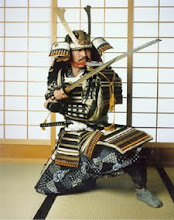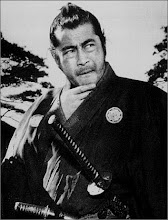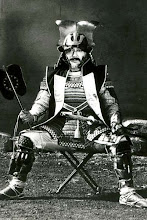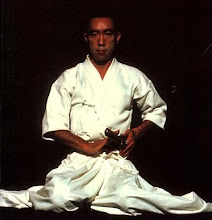When people think of the century ago tragedy of the RMS Titanic, one conjures up the images of the wives and children of aristocrats rowing away in half empty lifeboats while the poor Irish passengers from steerage cling to the ships stern for some slim chance of survival in the frigid waters of the North Atlantic. While it was known there were other European peoples on board the ship, what many people do not know is that there was a sole Japanese man aboard the ill fated ocean liner. More astonishing, he survived!
His name was Masabumi Hosono. As history records Hosono was a 42 year old man who worked for the Ministry of Transport who two years earlier had been sent to out then Imperial Russia to study their railway system. His journey took him from Russia to London to his passage aboard the fabled doomed liner as a Second Class Passenger. When he was awoken by a cabin steward to alert Hosono that lifeboats were already being launched, the steward assumed he was a Third Class passenger. Hosono made past all the obstruction to the boat deck where he made note of the careless firing of flares which he described as being ceaseless, hideous, and terrifying. The desperate scene aboard the boat deck had left him to contemplate his fate and the thoughts of never seeing his wife of children again when suddenly an opportunity for survival opened up.
As Lifetboat No.10 was lowered someone shouted "Room for two more!" Hosono observed a man jumping into the boat inspiring him to take a leap of fate that would save his life. Of course he would still have to endure the extraordinary sounds of explosions of the ship breaking apart and the screams and cries of those who would die with the ship. By his own account he recalled: "After the ship sank there came back again frightful shrills and cries of
those drowning in the water. Our lifeboat too was filled with sobbing,
weeping children and women worried about the safety of their husbands
and fathers. And I, too, was as much depressed and miserable as they
were, not knowing what would become of myself in the long run."
While such an account of survival such as Hosono's would have been found to be remarkable in the West, he was ostracized and subjected to Mura-Hachibu as well as being heavily condemned as a coward by the Japanese Press for "Betraying the Samurai Spirit and not going down with the ship." He had been described as a stowaway by one survivor and subject to racial prejudice in the inquiry that followed the disaster where one crew member accused Hosono of disguising himself as a woman to escape aboard Lifeboat No.10, an accusation that was false yet played heavily in the Japanese Press of that time. Hosono would lose his job but soon re-employed by the ministry because he was too valuable and would continue to work for it until his death in 1939. However this did not stop Japanese textbooks from using him as an example of how to be dishonorable. Hosono would die in obscurity that same year of 1939. His family would never speak of it for it had become a source of family shame until the 1990's. After James Cameron's Titanic was released, two private letters detailing Hosono's accounts were made public which as declared by Hosono's grandson Haruomi Hosono restored the Hosono family honor.
Wednesday, April 9, 2014
Subscribe to:
Post Comments (Atom)























No comments:
Post a Comment